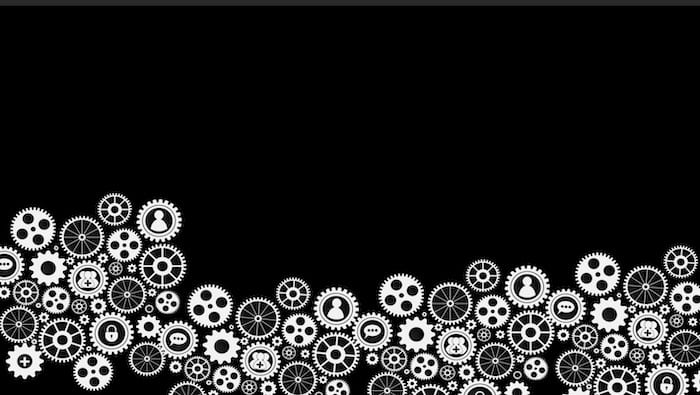Making a bad thing good
One of my daughter’s favourite TV shows is Rastamouse, a Jamaican rodent who, along with a posse of friends, solves crimes during the day then relaxes by playing Rasta music in the evening. Each episode is built around the theme of redemption; a character will err with an adverse consequence, but will then be given the opportunity to “make a bad thing good”, and there is always a resolution.
This year in my state there was a doctor suicide cluster. Four of my colleagues took their own lives. I can only interpret this to mean that something is sick in our great and noble profession. When I heard that a softly spoken intern at my hospital had died, I looked at my young son and thought of that man’s mother. As to why it happened, that seems glaringly obvious. When the demands of the medical world collide with the personality traits of those drawn to it, the only surprise is that it doesn’t happen more frequently.
In my own world, around a year of low-grade mood disturbance and anxiety had progressed to increasingly frequent feelings of distress and suicidal ideation. My response to these symptoms was overwhelmingly one of shame. I felt afraid to be “discovered”, that a person experiencing mental health issues would be seen as unstable, unreliable, perhaps not worthy to be a doctor. I felt tainted and cowardly to be experiencing such thoughts with a rich and full life and two little children dependent on me. So I kept them inside and tried to fix it alone. If only I could be better, exercise more, go to bed earlier, do my mindfulness practice more regularly.
Such an episode is barely even newsworthy; it is so common amongst doctors. The landmark Beyond Blue National Mental Health Survey of Doctors showed significantly higher levels than the general population of anxiety, depression and psychological distress, particularly in female doctors and doctors in training. Most disturbingly, 28% of women revealed a past history of suicidal ideation.
There is a happy reason I have decided to write this. One day, home alone, I found myself feeling unsafe. This frightened me into seeking help, and I made an appointment with my GP. The combination of his support, an SSRI and some ongoing gentle work with a psychologist has had such a profound positive effect on my mood and anxiety levels that it seems irresponsible not to share. There has been complete resolution of distressing thoughts and suicidal ideation and a return of my ability to enjoy activities and look forward to things. My work, and far more importantly, my family, have also benefited from the vast improvement in my psychological wellbeing.
And as I struggled, I never disclosed anything to a colleague, not even those with whom I share long and deep friendships. This is not for reasons of shyness or decorum; I happily trade episiotomy war stories with the nurses on slow nightshifts, and will pull out the time I ended up in my own department with an impacted gallstone as an entertaining party story. The stigma we all, including myself, attach to the discussion of mental illness is deep, and again I was the norm.
Even as I write this, I feel a hesitation to disclose. What if a public mental health history is seen as a sign of weakness when I apply for consultant jobs? Yet the truth is, I am a very good doctor because of, not in spite of the challenges I have faced. If I were unwell, I would want to see someone like me.
There are four families out there who will have an empty chair at the Christmas table this year, and whose hearts will not heal. Some things can never be made right. So I take a deep breath and press publish. For if I, well established in my career and institution, cannot disclose that I needed a little help, how can I expect a shy intern, or a new immigrant without social supports to have the confidence to do so?
There is no enemy here, no “other” to blame, for how do you declare war upon yourself? I have now been a medical student or doctor for sixteen years. I am deeply enmeshed in medical culture, take pride in my resilience, measuring my value and self-worth as inversely proportional to the number of sick days I take. I am as guilty as anyone of perpetuating the myth that doctors are infallible.
In twelve months time I will begin my consultant career. Through our system I will have an enormous amount of power over the wellbeing of our junior doctors, both in the way I treat them, and in how I model my own behaviour and self care. I want to be part of the solution.
I want to help make a bad thing good.
Further reading: beyondblue: National mental health survey of Doctors and Medical students [PDF]

SMILE
squared
Emergency physician and keen follower of #FOAMed | @KristinJBoyle | LinkedIn

Thank you, thank you so much.